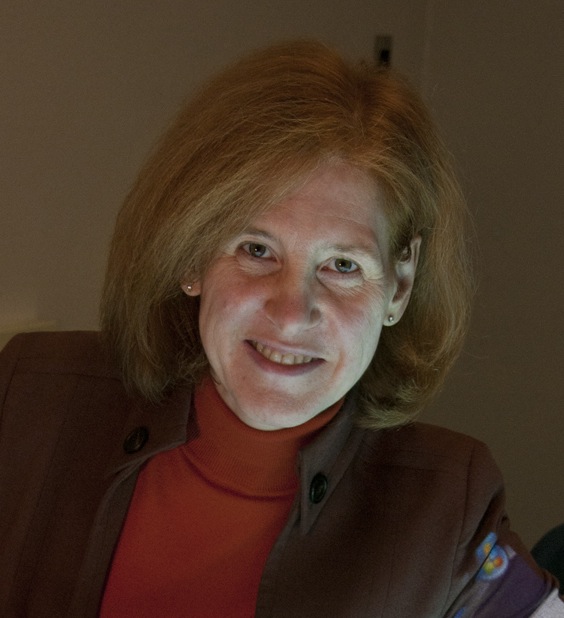Caroline Hayes, chair of the mechanical engineering department and Lynn Gleason Professor of Interdisciplinary Engineering, recently became an ASME Fellow.
The American Society of Mechanical Engineers recognizes members who have had 10 or more years of practice in the field and an active membership with ASME.
Throughout her time as a member, Hayes has been involved in a variety of ASME committees, doing everything from gathering and preparing technical papers to organizing conferences. The amount of work she puts into each position varies from year to year.
She says she enjoys attending the annual conferences, spending time with friends she has met throughout her career, and gathering with fellow female engineers from around the world.
ASME Fellows are nominated by their peers for outstanding achievements in engineering. Hayes says her nomination came as “a pleasant surprise.”
“The honor signifies a level of accomplishment,” she said. “It means recognition and acceptance by my colleagues, which is a very nice thing.”
Hayes’ undergraduate degree is actually in computer science, but it was her first job in the Robotics Institute at Carnegie Mellon University—her alma mater—that led her to mechanical engineering. There she worked closely with Paul Wright, who was then a professor in the Mechanical Engineering department at Carnegie Mellon and is now a professor at U. C. Berkeley.
Wright began a project called the Machinist Expert and thought Hayes would be a good fit for it. It was the start of one of her research focuses: the interaction of humans and technology. Her goal is to design technology that enables people to be more effective.
“I’m not sure how he knew I’d be good at the human part, but he was right,” Hayes said. “I was good at it and really enjoyed it, and it has been a theme of my work since.”
Though she attributes her path to mechanical engineering to many microdecisions she made along the way, Hayes says she owes her start to “just having happened along there and having Paul Wright point me in that direction.”
Transitioning from professor to department chair has been a big adjustment for Hayes, but one she has enjoyed making. She says she sees a different side of university operations than she did as a faculty member.
“As a chair, you have a much bigger picture. You realize just how varied and rich your department is—just how many types of research are going on as well as all the different student groups and exciting things they’re doing,” said Hayes.
While she enjoys the big-picture viewpoint because it allows her to have more of an impact, Hayes admits it can be overwhelming. Staying grounded in projects and working with individual people helps her stay connected with the department.
Hayes says that while being recognized as a Fellow is an honor, she feels her biggest career accomplishment is her students. “For every successful student I mentor and point in a good direction, the greater the impact I can have on the world,” she said.
